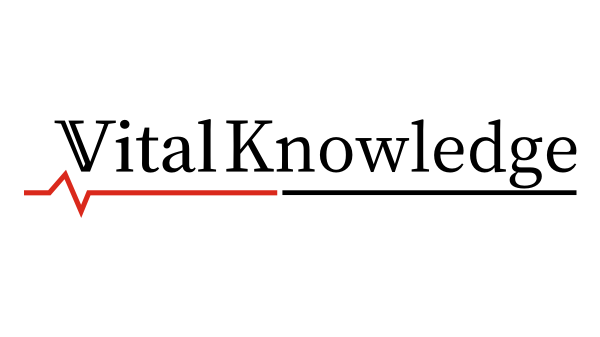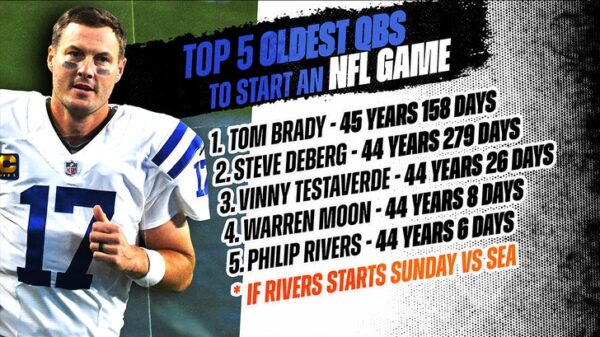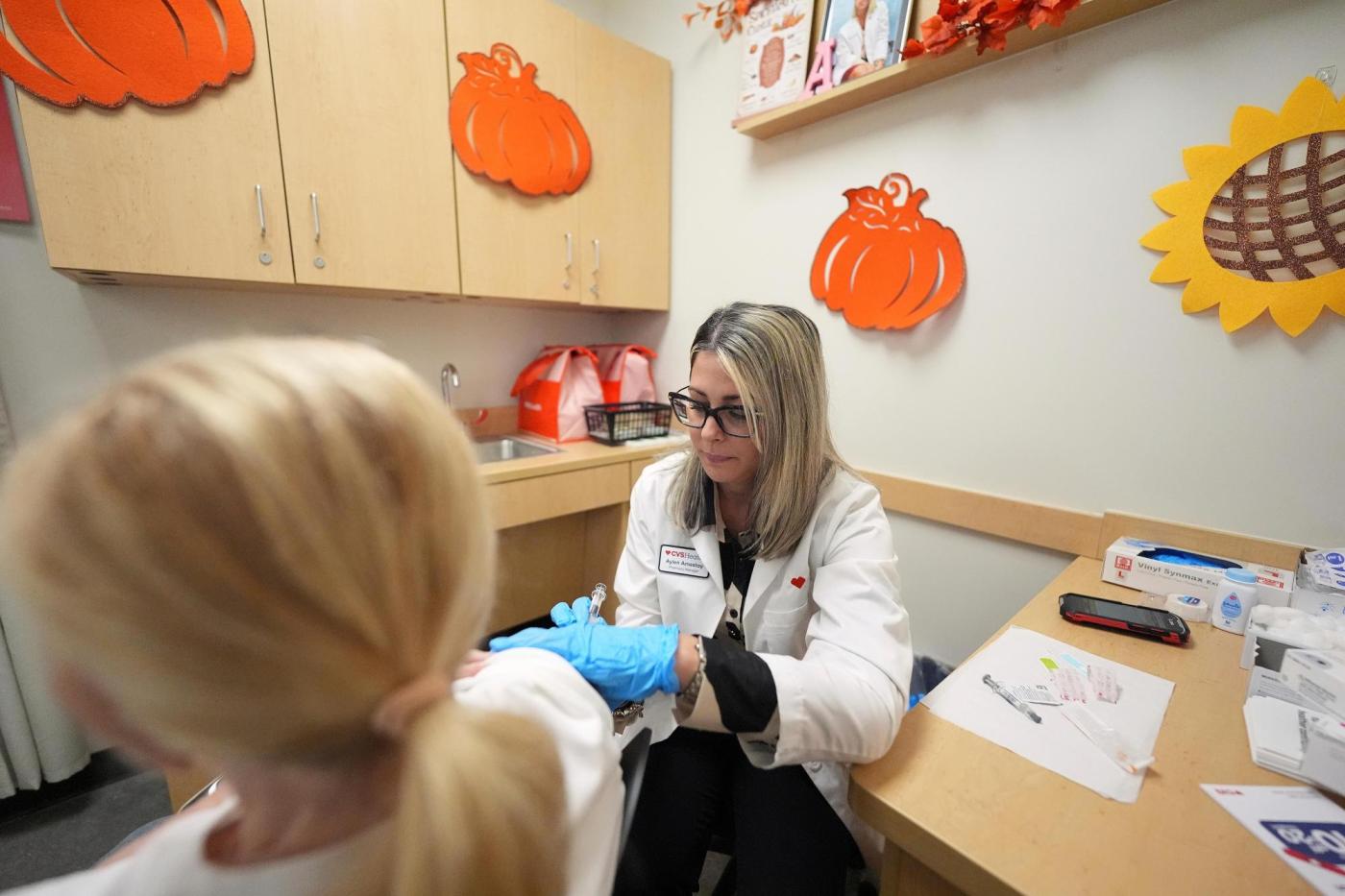Last week, the Massachusetts Department of Public Health (DPH) initiated its annual campaign to promote seasonal vaccinations for flu and COVID-19. This comprehensive awareness effort targets high-risk populations and emphasizes the importance of vaccination ahead of the peak flu season.
Vaccination Campaign Details
The DPH’s campaign, which is presented in six languages, utilizes various platforms including billboards, emails, social media, and digital streaming services. It also features placements in grocery and convenience stores to reach a broad audience. The DPH strongly recommends that individuals receive their flu vaccine by the end of October to ensure adequate immunity as the flu season approaches.
This year’s campaign prioritizes specific groups: individuals over 65, expectant mothers, and parents of children under two years old who are particularly susceptible to severe illness. Individuals aged 65 and older are advised to receive one of the following three preferred flu vaccines: Fluzone High-Dose Seasonal Influenza Vaccine, Recombinant Influenza Vaccine, or Adjuvanted Influenza Vaccine. If none of these vaccines are available, any age-appropriate flu vaccine is acceptable.
For further information and to locate a vaccination site, individuals can visit mass.gov/SeasonalVaccines. The DPH encourages everyone over six months old to receive both the flu and COVID-19 vaccines, as this is considered the most effective strategy for preventing influenza and its complications.
Targeted At-Risk Populations
High-risk populations also include individuals of any age with chronic medical conditions such as asthma, diabetes, heart disease, and weakened immune systems. Additionally, children aged six months to 18 years on long-term aspirin therapy, residents in nursing homes, and those who may transmit the flu to vulnerable individuals are urged to get vaccinated.
“Getting vaccinated for flu and COVID-19 is a simple, safe, and effective way to protect ourselves, our families, and our communities,” stated Dr. Robbie Goldstein, Public Health Commissioner.
As the 2025 respiratory season approaches, the importance of vaccination is heightened due to the expected circulation of flu alongside COVID-19 and respiratory syncytial virus (RSV). In Massachusetts, insurance providers continue to cover vaccines recommended by the DPH, including the COVID-19 vaccine, which is typically available at doctors’ offices, community health centers, and pharmacies.
Pediatricians’ offices and community health centers are the best options for accessing COVID-19 vaccines for children aged six months to 18 years. With vaccination, individuals can significantly reduce the risk and severity of flu-related complications.
As the state promotes vaccination efforts, it also reports mixed results from its gaming and sports betting sectors, highlighting the economic landscape in Massachusetts.
Overview of Gaming Revenue
In related news, the Massachusetts Gaming Commission released figures showing that in September 2025, the state’s three casinos—Plainridge Park Casino, MGM Springfield, and Encore Boston Harbor—generated approximately $95.70 million in gross gaming revenue. This reflects an 8.9% decline from August but a 3.9% increase compared to the same month last year.
Plainridge Park Casino, which operates as a category 2 slots facility, is taxed on 49% of its gross gaming revenue, with 82% allocated to local aid and 18% to the Race Horse Development Fund. In contrast, MGM Springfield and Encore Boston Harbor, categorized as resort-casinos, are taxed on 25% of their gross revenue, which contributes to various state funds.
From these operations, the September revenue resulted in approximately $27.357 million in taxes for the state. Since the inception of these gaming facilities, Massachusetts has collected around $2.2 billion in total taxes and assessments from the gaming sector.
Additionally, the state’s seven mobile and online sports betting platforms reported approximately $52.35 million in taxable revenue in September, despite a record $800.3 million in betting handle. This indicates a 28% decrease in revenue compared to September 2024, although the online platforms continue to dominate, accounting for nearly all revenue generated.
Sports wagering operators are taxed at 20% of their taxable revenue, yielding around $10.4 million in tax receipts for September. Overall, Massachusetts has collected approximately $339.15 million in total taxes from sports wagering operations since it began in-person betting on January 31, 2023, and online betting on March 10, 2023.
As the state navigates these challenges and opportunities, the emphasis remains on public health and the economic benefits generated by its gaming industry.








































































